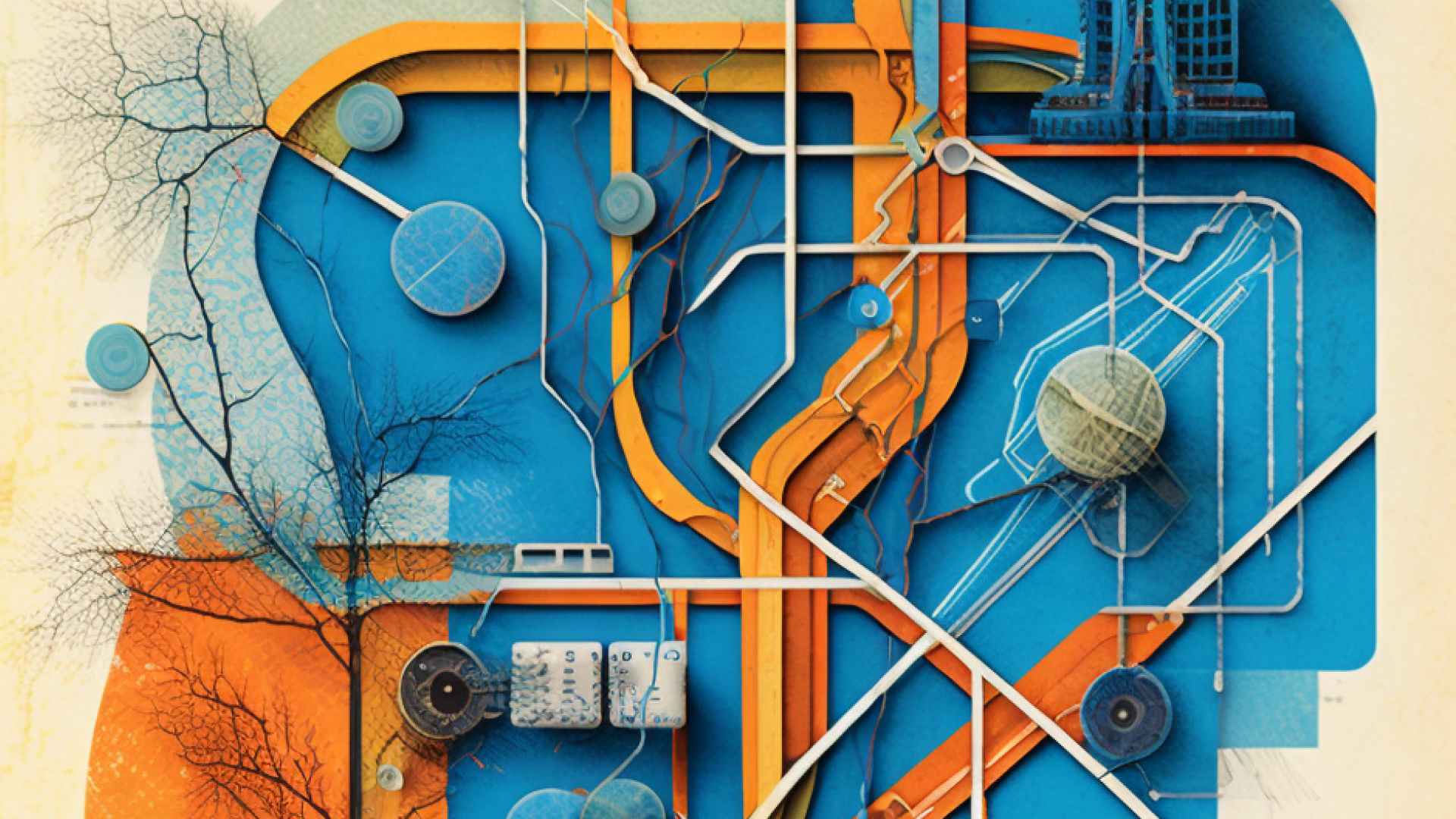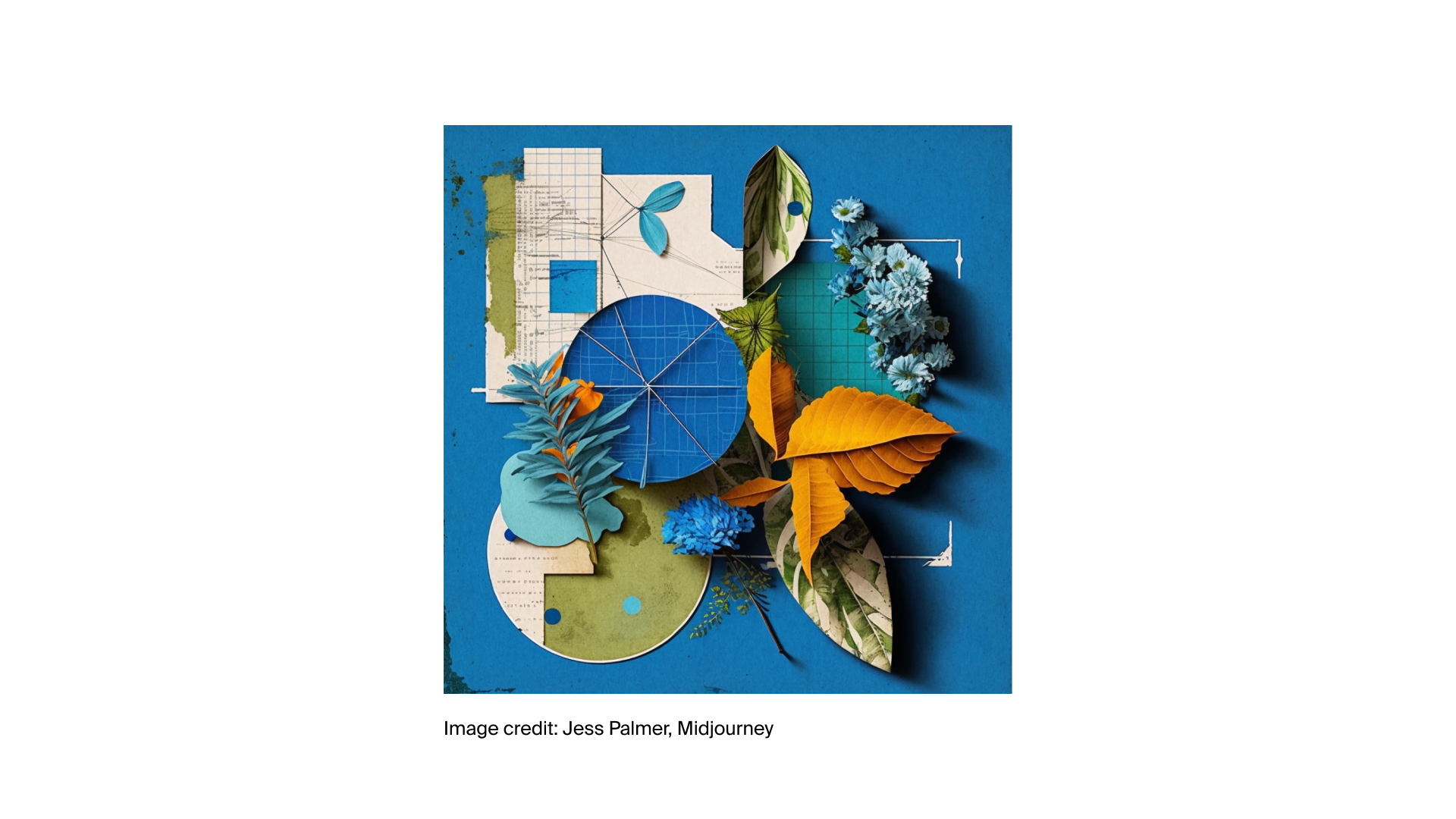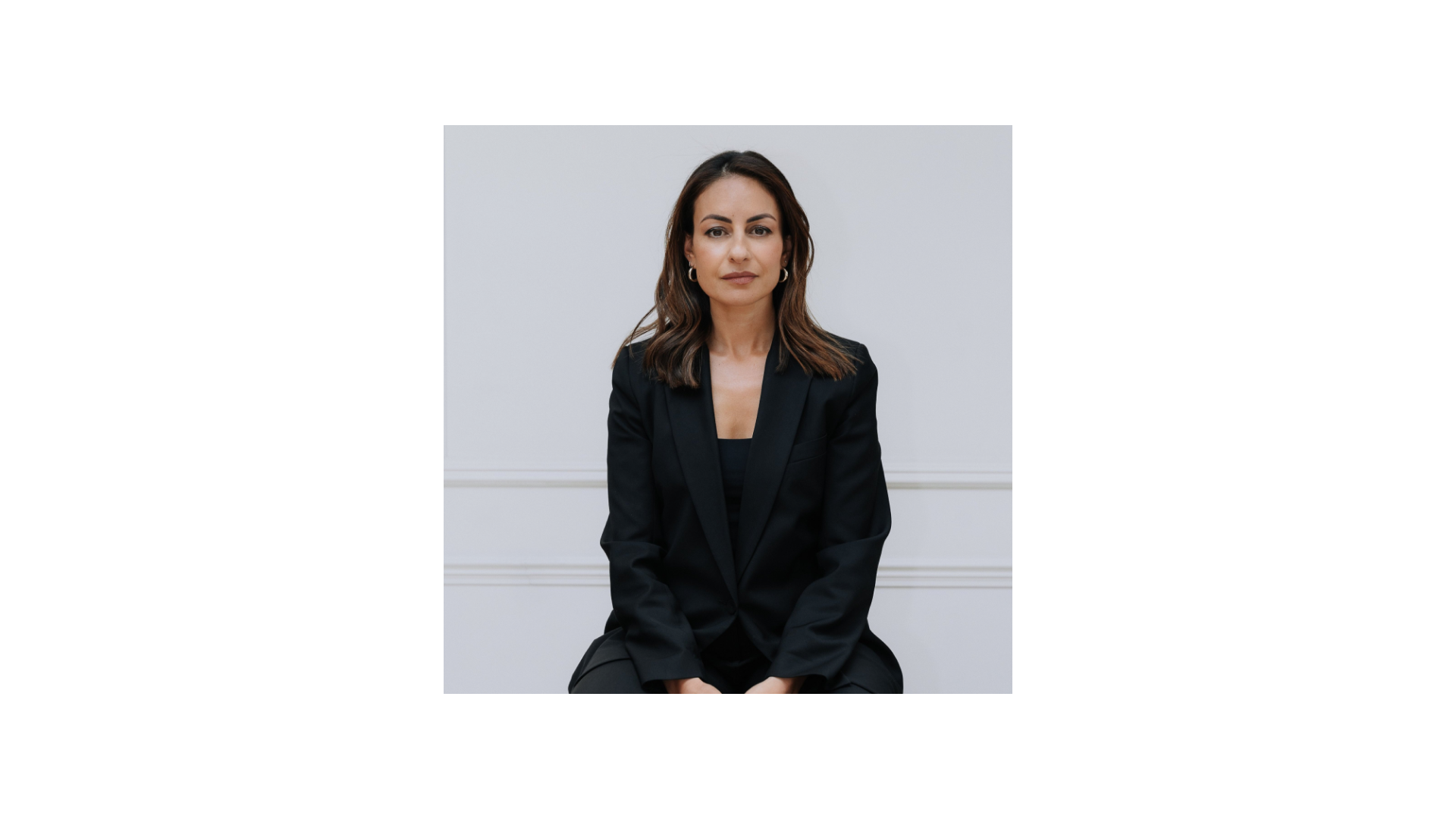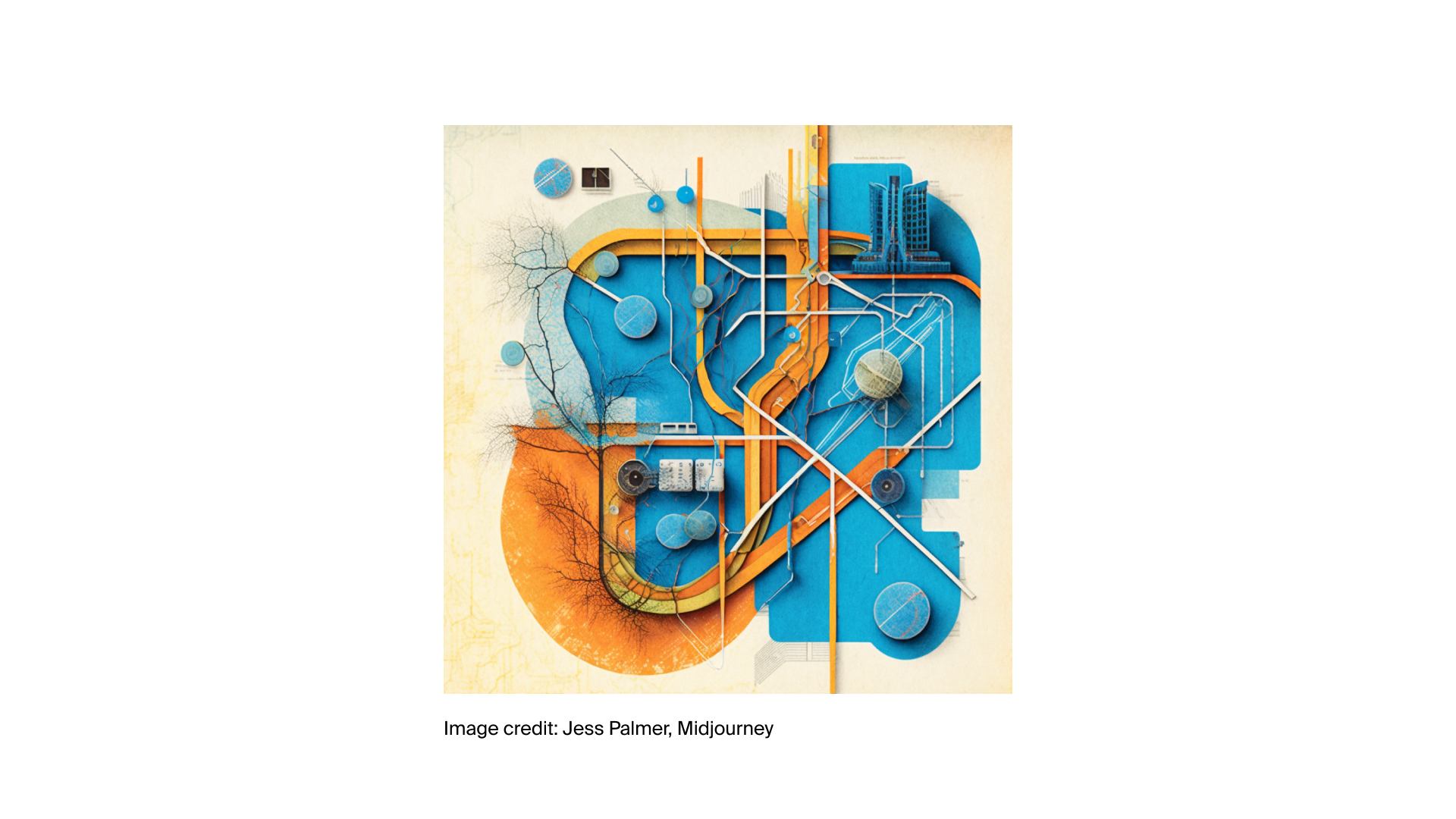Which Energy Type Are You?

It was while walking along a beach in Ibiza that the concept of human design came to Robert Alan Krakower, a well-educated and successful businessman from Canada. The year was 1987, and according to his recollections about the event, Krakower suddenly felt a powerful force enter his body and a voice telling him to “find the correct way to live as yourself.”
Over the next eight days, Krakower—who changed his name in 1992 to Ra Uru Hu—remained in a trance-like state, during which he continued to receive a series of revelations about the nature of the universe and the role of human beings in it from a higher intelligence or consciousness that he called “the Voice.”

Krakower believed that “the Voice” was a source of universal wisdom available to anyone open to receiving it and devoted the rest of his career to sharing his new-found knowledge: he wrote several books, taught his system to others, and established the International Human Design School.
The system combines elements of astrology, the I-Ching, the Kabbalah, and the Hindu-Brahmin chakra system, all of which Krakower refined over the years via collaborations and experimentation, sprinkling in elements of quantum physics and genetics along the way.
By using a person's birth information (date, time, place) a human design reading generates something called a “bodygraph,” which allows you to identify your energy type (Manifestor, Generator, Manifesting Generator, Projector, or Reflector) as well as revealing your authority type—Sacrals listen to their gut feeling, Splenics are more impulsive—and your archetype, which might be Investigator, Hermit, Martyr, or Opportunist. A reading can also advise on everything from dietary regimens to ideal environments for living, working, and relationships.
So far, so woo-woo? Well, let’s consider that over 90 percent of adults know their sun (zodiac) signs, that a 2022 YouGovAmerica poll found over a quarter of Americans believe in astrology, and that a Pew Research Center global report found many of us still believe we need a God to be moral. Need cooler confirmation? John Cage and William Butler Yeats dug the I-Ching; Madonna, Jay-Z, and Jim Carrey all swear by astrology; David Bowie drew on the Kabbalah.
Julie Fedele, a London-based human design coach committed to bringing the corporate and the mystical together, was initially skeptical too. “It has a very strange origin story and the ‘bodygraph’ is complicated and it kinda felt like bullshit to me,” she admits. “But as I read more, I learned that it’s a combination of ancient and modern science, and a blueprint of our unique energy and gifts. Once I had a human design reading, I was sold. Now I think of it as your permission slip to be your full self.”

How would you describe human design to someone who’s never heard of it?
Human design is the ultimate tool for self-discovery. It’s a sacred and practical system that allows you to reveal your unique energetic blueprint and harness it for decision-making, energy management, communication, relationships, and self-leadership.
How did you personally discover the system?
I have always been cosmically curious and interested in the mystical side of life but my journey to unconventional tools like human design started when I relocated to London and went through a “dark night of the soul” experience. I realized I had spent my entire life climbing this corporate ladder and I suddenly turned around and realized I had climbed the wrong one. For months I tried using conventional tools like therapists, read all the personal development books, hired career coaches but none of it felt like it was helping with the lack of life I felt within. Then by chance, a friend recommended an integrative therapist who happened to use astrology charts as a primary tool. Within our first few sessions I was blown away by how much she could see me—like really see where I was at in life and could articulate the loss of meaning I was experiencing. It was at this time I started to ask myself what else existed “out there,” and that’s when I discovered human design, along with tarot and numerology.
Did you embrace it immediately?
I would say that I was skeptical of human design when I first heard about it. It has a very strange origin story, and the bodygraph that is our “energetic blueprint” is complicated, and it felt kinda like bullshit to me. But as I read more, I learned that it is a combination of ancient and modern science, and a blueprint of your unique energy and gifts. Once I had a human design reading, I was sold. I actually started crying because for so long I was trying to be someone in this world who acted a certain way because that was how I was socialized, but my reading gave me the permission slip to show up as myself and own all the pieces of who I am and how I operate in this world. It was both the most freeing and validating experience I have had in my life. I felt seen and understood.
What significant outcomes have you discovered for yourself using human design?
I started really slowly. Initially, it was all about awareness. I started tuning into my body in different situations. I would ask myself:
“Do I have enough energy to take on this project?”
“Does this workplace feel expansive?”
“Do I feel satisfied at the end of my working day?”
I began to reflect on these types of questions and many others at the end of each day and slowly began to realize and accept that some situations, places, and people were not for me. It was from this aligned place that I took action to slowly start changing my life.

How does human design connect with the concept of conscious leadership?
Although human design may not be a traditional science in the sense that it cannot be empirically tested, many people find it a useful tool for personal growth and self-discovery. I really love how it has enhanced my skills in becoming a conscious leader. Conscious leadership has three components:
IQ: A leader’s ability to think critically, problem-solve and have intellectual curiosity.
EQ: A leader’s ability to have self-awareness, emotional regulation, adaptability, and openness to accepting feedback.
BQ: Body intelligence is relatively new in the leadership domain. This includes having the ability to locate emotions and feelings within their body and process how they are triggered before reacting.
Human design has been a great way for me to personally reconnect with my body intelligence. There are nine energy centers, similar to the chakra system (which has seven), that offer us a way of understanding where we naturally have access to energy and where we do not. For example, in my design, I have an open head and root center. When a center is “open,” this means we do not have regular access to energy in these centers and look to draw energy from outside ourselves; this can be from both people and places.
I used to feel the pressure building in my body to know ALL the answers to the questions I had in my head (open head center) and I would feel the pressure to take all the answers I would find and put them into action, without standing back and prioritizing what was right for me at that moment (open root center). Once I discovered my design, I started to observe situations where I would get anxious because I had all this pressure building in my body and to ease the discomfort, I would unconsciously spring into action, running in a million different directions. I thought I was being productive. It was more like being destructive. As I started experimenting and observing my actions, I was able to react differently when I noticed the pressure in both my head and root center. Instead of jumping into misaligned action, I took a moment to observe the sensations in my body and ask myself:
“What questions are mine to solve?”
“Am I taking action to relieve pressure in my body?”
“Is this the right action to take at this moment?”
“Is this someone else’s priority or mine?”
“Am I taking this action from a place of fear/anxiety?”
I use simple tools like box breathing and mantras for my open centers to help me come back into my body and notice that I may be picking up on the energy outside myself. The gift of having this third element in my leadership toolkit has helped me move to the next level of understanding myself, allowing me to exponentially improve my effectiveness as a leader.
How much do you use human design in your personal life?
I use human design in all aspects of my life. In my personal life I now deeply understand my husband and son better so I adjust my communication and how I ask them to make decisions so it aligns with their human design. In my corporate life, my team members know their human design so we ensure that we shape opportunities, make decisions, and work in ways that will get the best out of my team members. In my coaching practice, I use human design as my foundational tool to help people understand themselves and then we work together to decondition and unblock areas of their lives where they are not showing up as themselves out of fear or how they have been socialized.
Do you think it’s becoming more popular in the business world?
More and more, I see leaders being open to unconventional tools like human design, tarot, and even plant medicines. With any of these tools, the commonality is that they help people understand themselves better and move away from doing things they think they “should” do and towards things that they actually enjoy. Human design also helps you deeply connect with your body intelligence and how you feel in your body which is a key ingredient in the conscious leadership formula. We need multi-dimensional leaders in today’s business world—it is not just about profit but equally about purpose, people, and the planet. I also think Covid had a lot to do with people waking up and reassessing their lives and what makes them happy. Also, millennials and Gen Zs do not want to just show up to work and get paid—they crave meaning and purpose. They want to lead themselves and their companies from a place of meaning rather than hustle.
How can it change a person, leader, company, or even the world?
I think unconventional tools like human design hold a sacred wisdom that lives within all of us, and people are starting to realize that deeply understanding themselves and connecting to the wisdom of their bodies is just as important as connecting with the intelligence that sits between their ears. IQ can only get us so far.
What is the best way for a beginner to try human design?
You can sign up for my newsletter as I do human design 101 explainers or book a 30-minute explainer call with me (it’s free!). The official Human Design website provides a wealth of information about the system, including a free chart calculator, articles, videos, and courses. A great starter book is Understanding Human Design: The Science of Discovering Who You Really Are by Karen Curry. At My Human Design, you can generate your chart and start reading all about your energetic blueprint.
